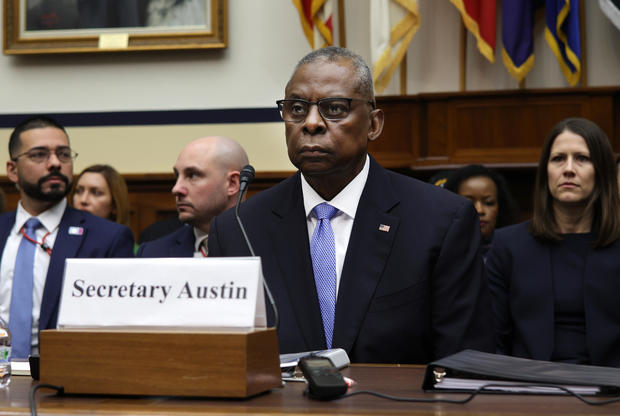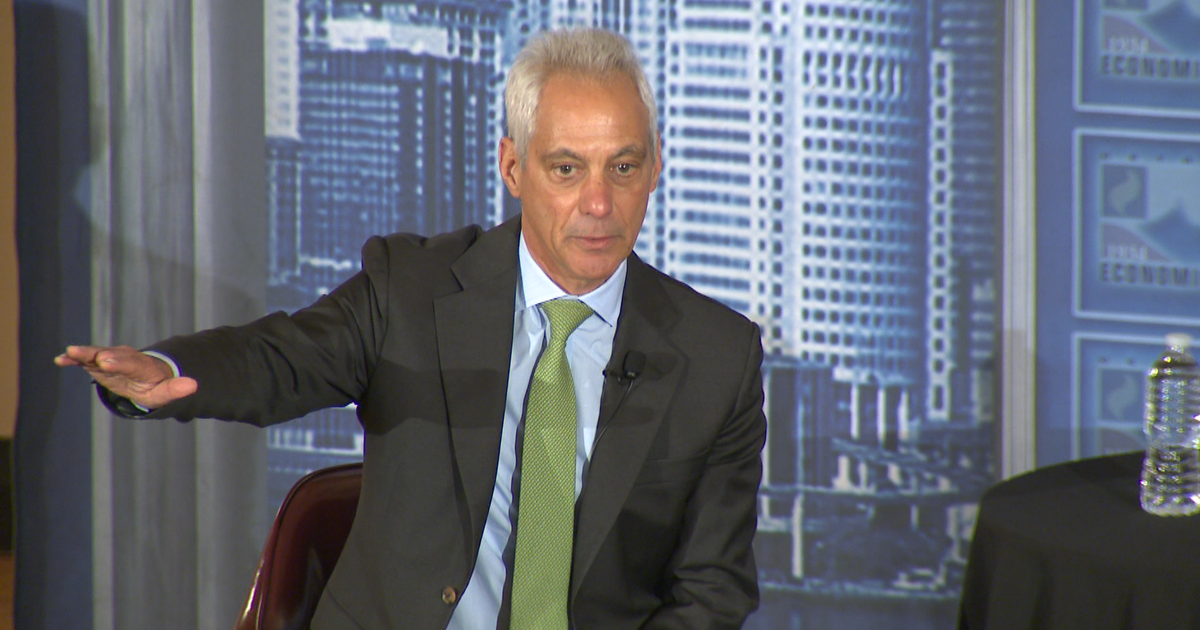Defense Secretary Lloyd Austin testifies before Congress about his hospitalization: "I did not handle it right"
Defense Secretary Lloyd Austin squared off with the House Armed Services Committee Thursday about why it took so long to notify the president, Congress and the public about his hospitalization and stay in the intensive care unit after complications from prostate cancer surgery.
"I did not handle it right," Austin said. "But let me be clear: I never intended to keep my hospitalization from the White House… or from anybody else."
Republican Rep. Jim Banks of Indiana questioned why the internal review the Pentagon released earlier this week did not hold anyone accountable for waiting several days.
"Who will be held accountable for this embarrassment?" Banks asked.
A review released this week by the Pentagon found there had been no deliberate attempt by Austin or his aides to keep the hospitalization secret, but it acknowledged that policies for transferring the defense secretary's responsibilities during an emergency must be improved.
The three-page unclassified summary of the review released to the public did not expand on what was already known about the timeline of Austin's hospitalization.
"There was never a break in command and control," Austin told members of the House on Thursday. "We transferred authority in a timely fashion. What we didn't do well was the notification of senior leaders."
Austin at times during the hearing appeared to blame his staff for the delayed notification. He said, "In my case, I would expect that my organization would do the right things to notify senior leaders if I'm the patient in the hospital."
The Defense Department inspector general is also conducting its own independent review of "the roles, processes, and actions" related to Austin's hospitalization.Democrats during Thursday's hearing agreed Austin's hospitalization could've been handled better but used the bulk of their time to pressure House Republicans to take up the national security supplemental which would provide funding for Ukraine and for Israel.
Democrats during Thursday's hearing agreed Austin's hospitalization could've been handled better but used the bulk of their time to pressure House Republicans to take up the national security supplemental which would provide funding for Ukraine and for Israel.




